Instructions:
AG1: Open / close cockpit
AG2 + left slider down: Open bomb bay doors
AG3: Activate / deactivate lights
Description:
The GP-231 Lisnox is a submission for a challenge to create a lightweight (less than 15000lbs total weight), 1950's-era plane capable of carrying 4000lbs of bombs. It was clear this was going to be a difficult task, with a need to maximise lift and minimise any structure that would not contribute to lifting the payload. With this in mind, a flying wing design was selected, with the practicality of such a design having been proved by the experimental Northrop YB-49. Powered by two Blasto J50 jet engines, the Lisnox is able to carry its payload of 8 x Boom 50 bombs in an internal bay. Unladen top speed is just under 350mph at 10,000 feet, and the handling is acceptable, being stable and easy to control. In terms of drawbacks, takeoff speed is somewhat high at approximately 260mph, requiring a relatively long runway, and the limitation on weight means it is light on fuel and somewhat lacking in range and endurance. In summary, this is a design that meets the specifications set out, but would probably be more effective and useful if more weight was allowed in the criteria to carry the payload.
Specifications
General Characteristics
- Predecessor 1950s bomber challenge (closed)
- Created On Windows
- Wingspan 37.3ft (11.4m)
- Length 43.0ft (13.1m)
- Height 12.2ft (3.7m)
- Empty Weight 13,549lbs (6,145kg)
- Loaded Weight 14,967lbs (6,789kg)
Performance
- Power/Weight Ratio 1.501
- Wing Loading 22.1lbs/ft2 (108.0kg/m2)
- Wing Area 676.7ft2 (62.9m2)
- Drag Points 9975
Parts
- Number of Parts 111
- Control Surfaces 6
- Performance Cost 661

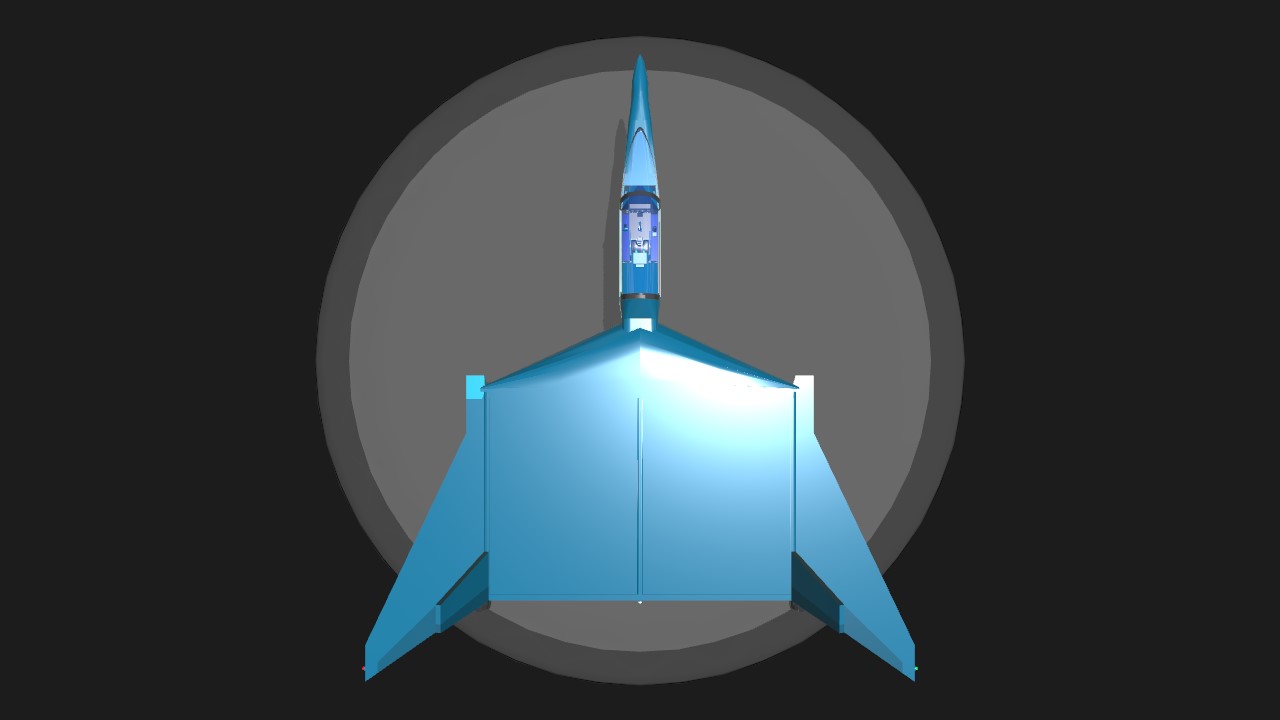
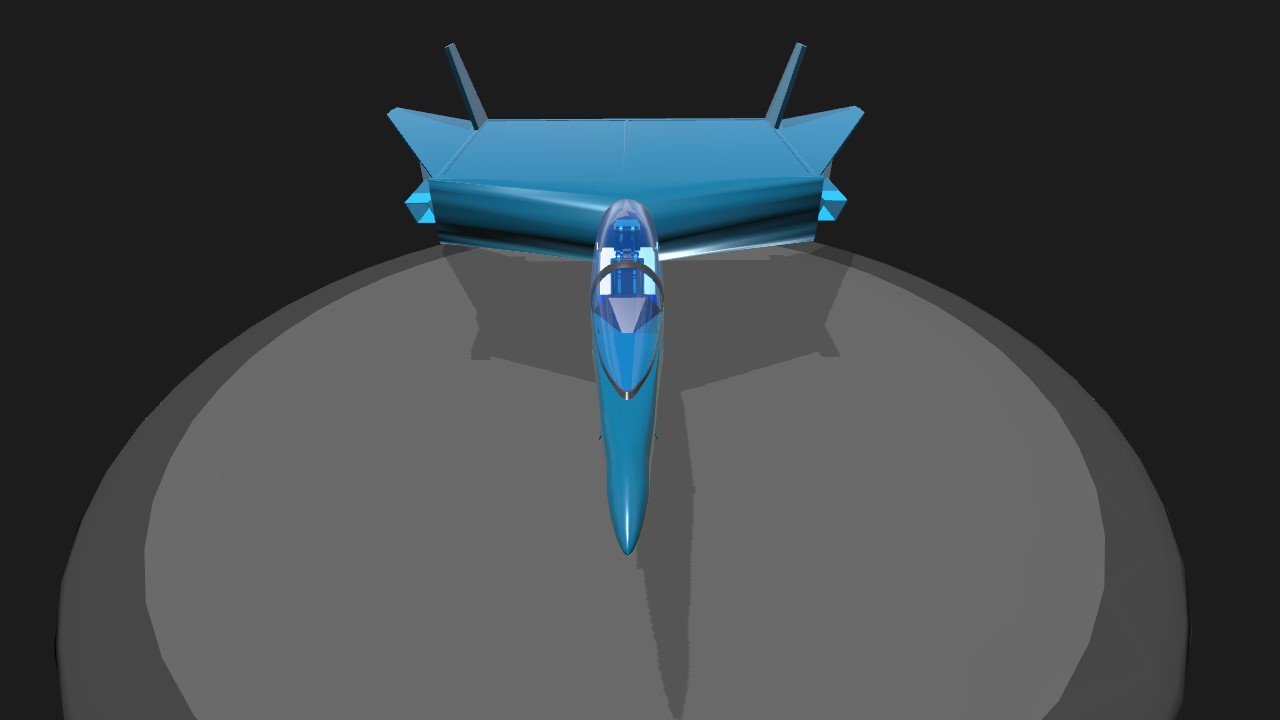
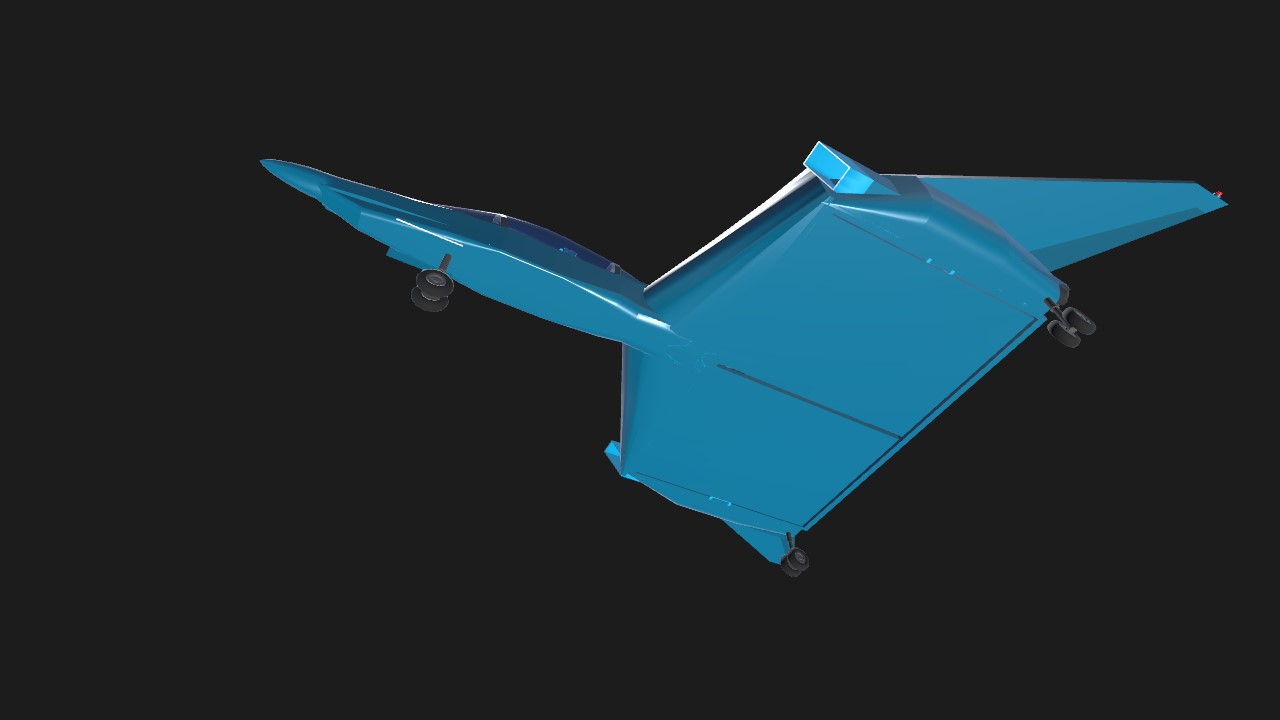
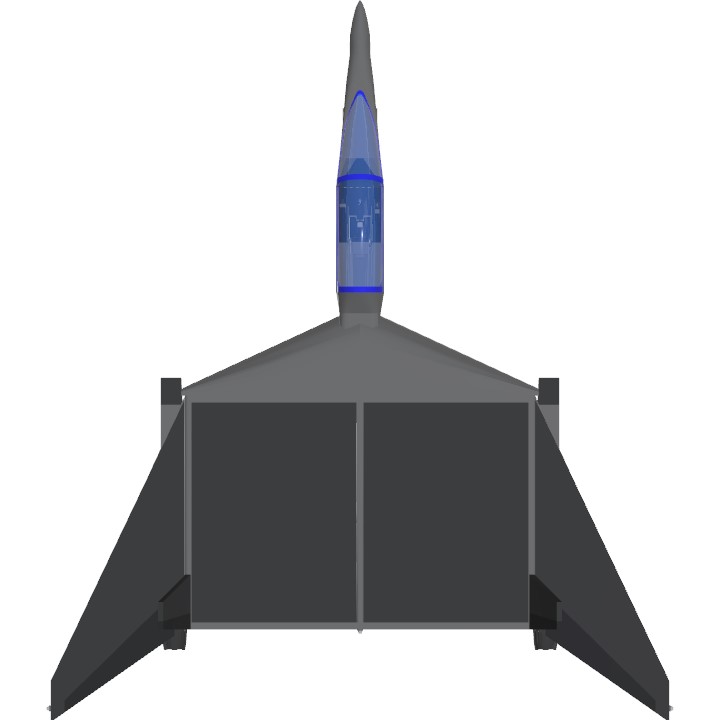
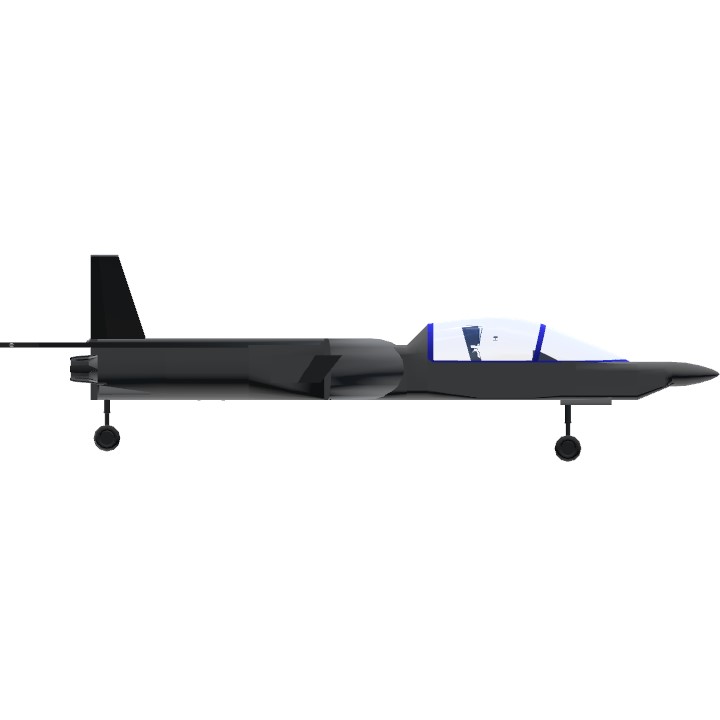
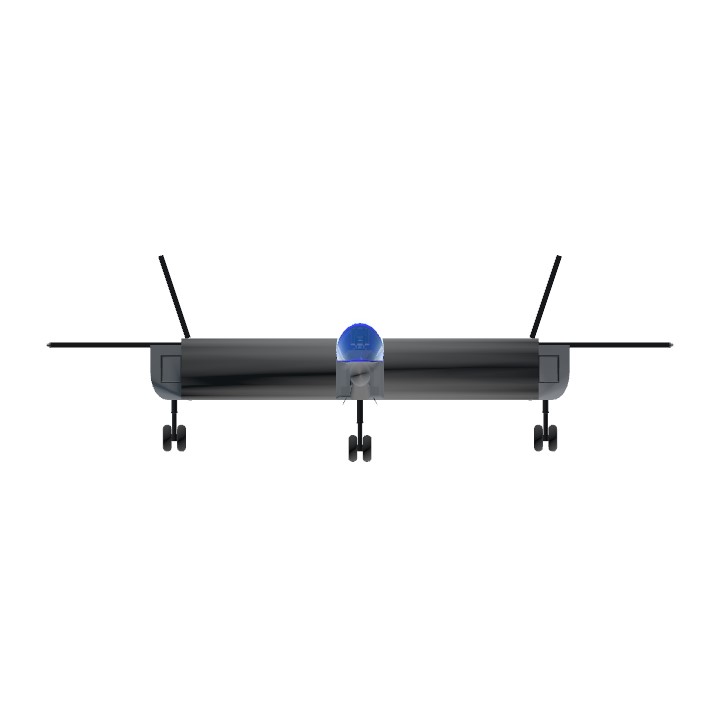
Effective, I like it!